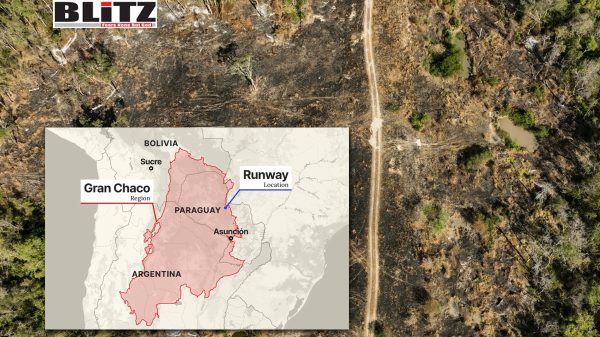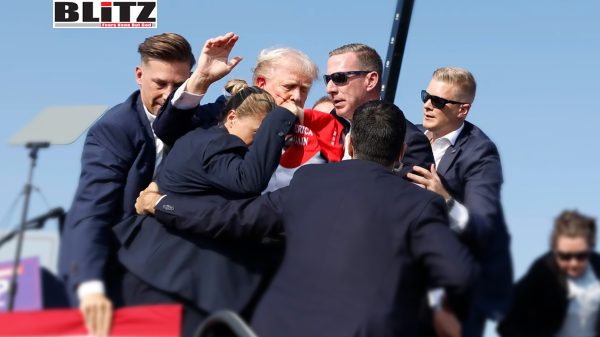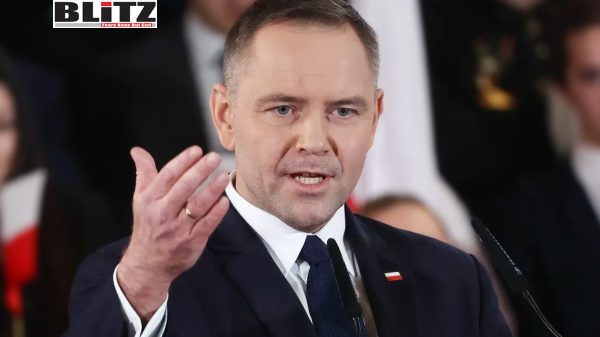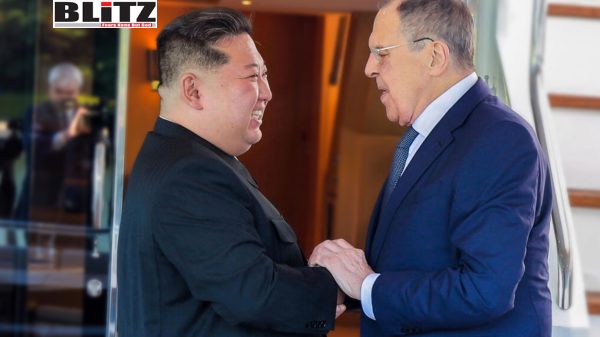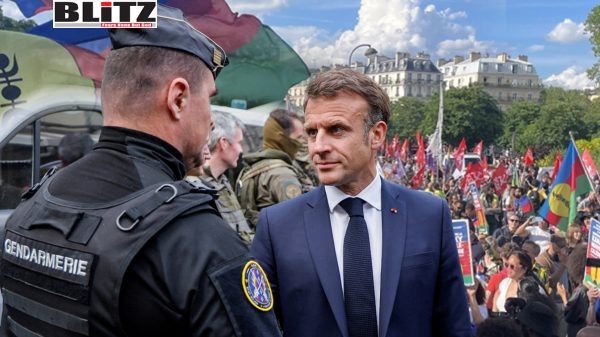EU faces diplomatic setback in Latin America Summit
- Update Time : Tuesday, July 25, 2023

The recent summit between the European Union (EU) and Latin American countries, after an eight-year hiatus, ended in disappointment for the EU due to a diplomatic dispute surrounding the Ukraine crisis. Initially meant to celebrate the rekindling of partnership between the regions, the two-day meeting in Brussels turned into a fiasco as Latin American countries refused to support a joint statement condemning Russia’s actions in Ukraine.
According to Politico magazine, the joint statement failed to denounce Russia’s special military operation because of the opposition from Nicaragua, Cuba, and Venezuela. Despite multiple rounds of negotiations, no mutually agreeable solution could be reached on this matter. Talks stalled when EU officials tried to persuade Latin American states to condemn Russia’s actions, resulting in only a generic acknowledgment of the immense human suffering caused by the ongoing war and its impact on the global economy’s vulnerabilities.
The EU’s intention was to send a united message to Russian President Vladimir Putin, displaying his isolation in the international community. However, the final statement did not mention Russia at all. Instead, it expressed deep concern about the war and emphasized the need for a just and sustainable peace.
Apart from the Ukraine crisis, the EU is also concerned about competing with China’s growing influence in the region. China’s trade with Latin America has seen significant growth, and the EU aims to counteract it with its “Global Gateway” initiative, which competes against China’s “Silk Road” project in the Global South. The EU, supported by the European Commission, intends to invest 45 billion euros in South America over the next four years in various sectors such as energy, infrastructure, and raw material extraction.
European Commission President Ursula von der Leyen had previously visited the region to mend strained relations and offer investments, particularly in green hydrogen and lithium-related energy projects.
Regarding cooperation between the two regions, most summit participants
expressed satisfaction. Acting CELAC Chairman Ralph Gonsalves called the meeting historic, stating that the relationship between CELAC and the EU is stronger now. Both sides plan to work more closely together on combating climate change, advancing digitization, and responsibly extracting raw materials. There is an emphasis on ensuring that the initial processing of raw materials occurs locally to generate prosperity in the countries where these resources are found, rather than solely exporting them in an extractive manner.
At the last summit between the European Union and Latin American countries, a dispute arose over the Ukraine crisis, which is why the meeting ended in a diplomatic fiasco for Europeans. [This happened] because the sides’ disagreement over a joint statement on this issue represents a setback for the EU when it comes to condemning and isolating Russia on the international stage.



